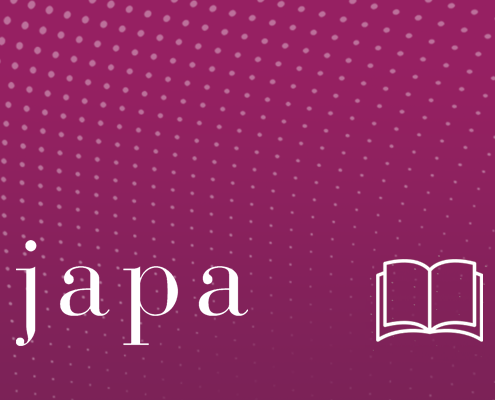Vitality is considered a manifestation of life, of being alive (Stern, 2010). While most of us have an embodied, intuitive sense of aliveness or deadness in our daily interactions and clinical processes, few of us have systematically studied the concept of vitality. Though the concept remains largely undertheorized in psychoanalysis, there is some available literature on the topic. Study group members will read and discuss articles about forms of vitality, its developmental origins in rhythm, motion, temporality, affect attunement, etc., and the implications of vitality, or lack of vitality, in our clinical process. The group registration will be limited to 23 people (the number who can be seen on one computer screen along with the facilitators), in order to facilitate a lively engagement (vitality!) in our discussions. Group participants are encouraged to share case examples from their own practices. Journal articles will be sent to participants. Participants must obtain their own copies of Daniel Stern’s book, Forms of Vitality: Exploring Dynamic Experience in Psychology, the Arts, Psychotherapy, and Development (Oxford, 2010).
A Note from the HPS Program Chair: This study group is intended to provide a foundational understanding of the concept of vitality in psychoanalysis. The concept of vitality underlies virtually all of our programs this year, most directly the following: (1) a conference and panel discussion on 9/14/24 addressing vitality in human development and vitalization in psychoanalytic treatment, featuring Stephen Seligman, Anne Alvarez, and Christopher Bonovitz, (2) a conference on vitality as a theoretical and technical parameter in psychoanalysis by Giuseppe Civitarese on 10/19/24, and (3) a book discussion on 02/20/25 of Vitalization in Psychoanalysis, edited by Amy Schwartz Cooney and Rachel Sopher.***JoAnn Ponder, PhD
CE.




